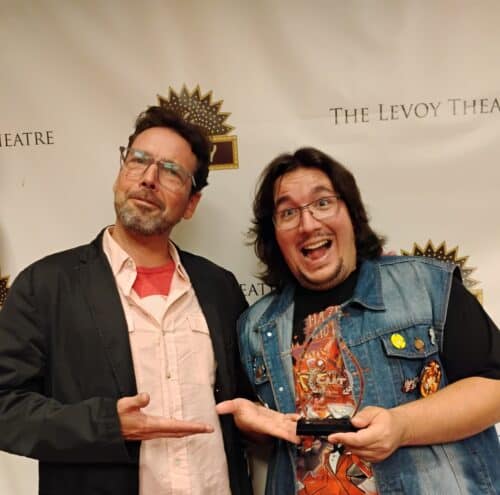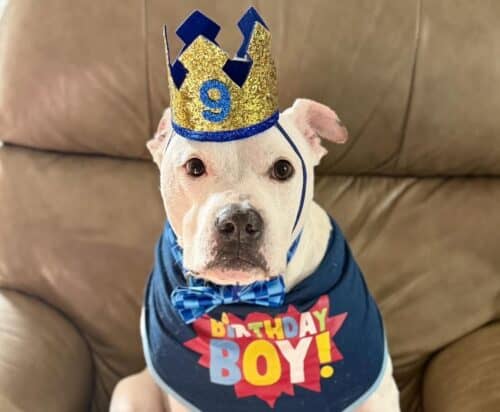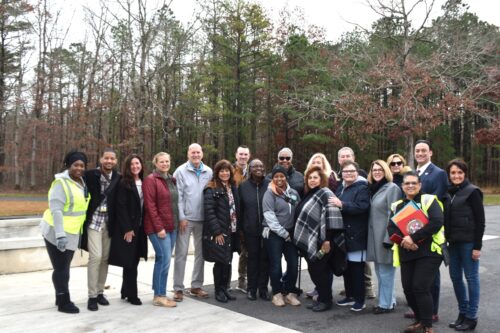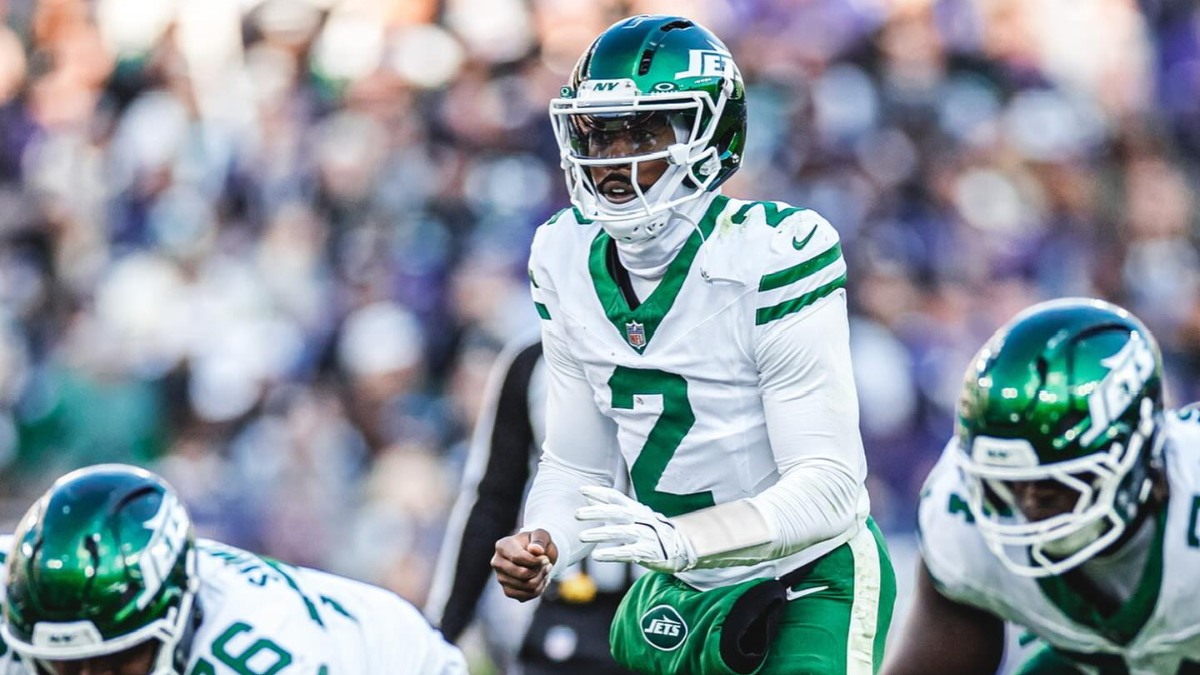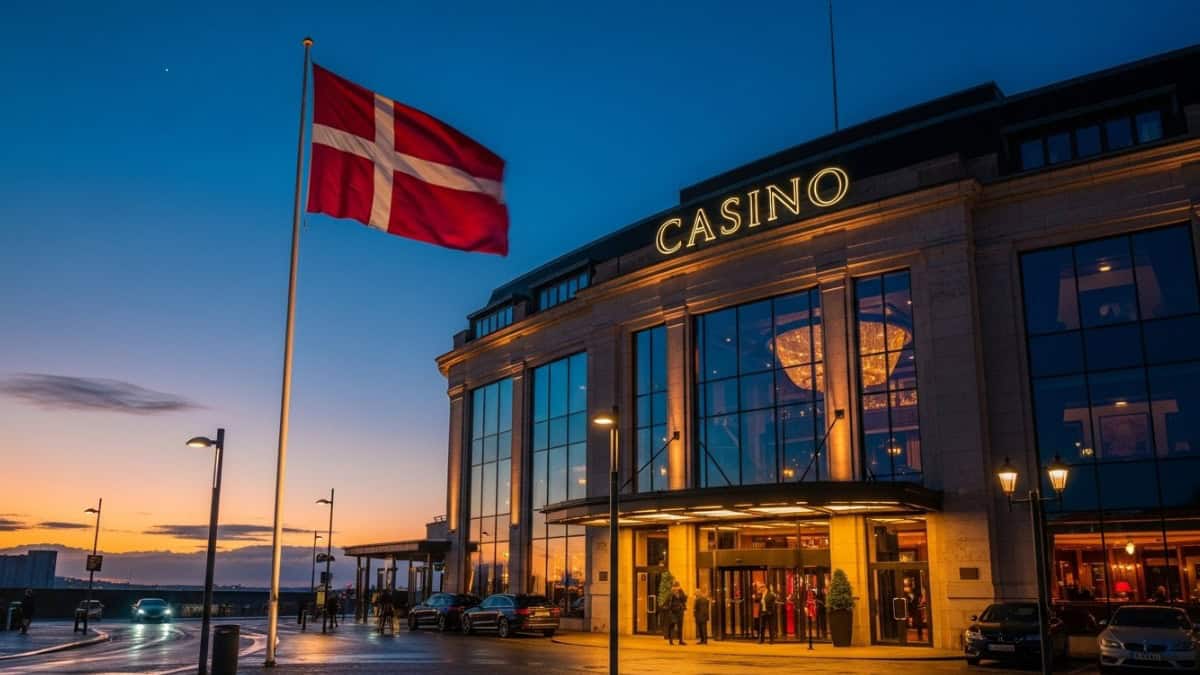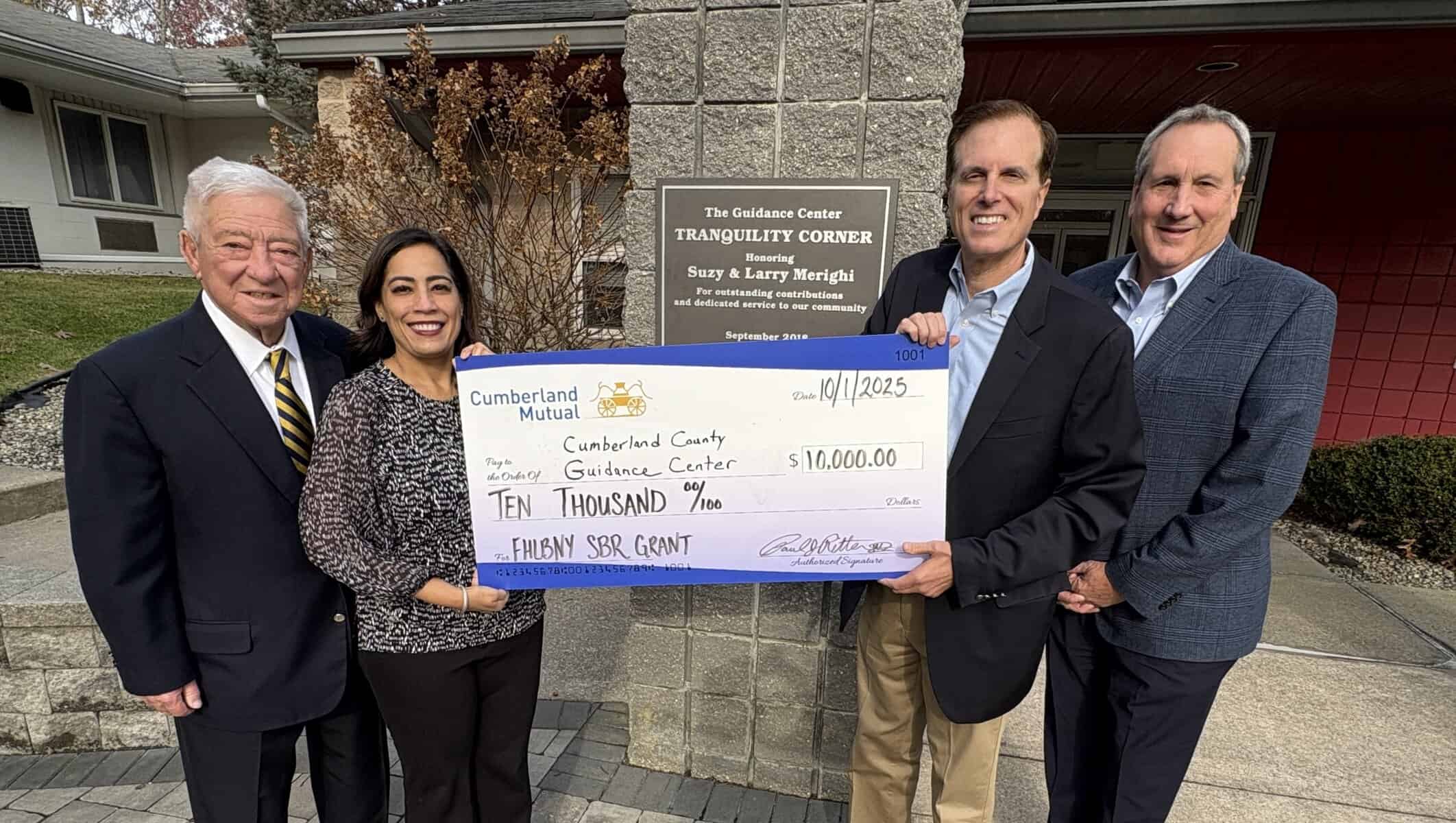Lakehurst Tragedy
Preservation of the Hindenburg audio recording has allowed television to offer tributes of the event.
On May 6, 1937, the German Zeppelin Hindenburg burst into flames and crashed onto the airfield of Naval Air Station Lakehurst in New Jersey. Film cameras captured the disaster but arguably the most famous account of the moment is the radio broadcast by Herb Morrison whose description of the scene runs the gamut from objective reporter to emotionally overwhelmed bystander as he exclaims, “Oh, the humanity!”
Anyone interested in hearing that broadcast need only visit YouTube where footage of the Hindenburg’s final moments share space with Morrison’s unfolding narrative that was originally broadcast on WLS radio in Chicago, the station that sent him to cover the arrival of the Zeppelin carrying 97 passengers from Frankfurt, Germany to Lakehurst, “the nearest place to Manhattan that was big and empty enough” to accommodate it, according to the Roadside America website.
The preservation of the audio recording over the past 80-plus years has allowed television to offer its own tribute to Morrison’s most famous historical words, and the fact that shows like Seinfeld and The Simpsons have taken the most advantage of it probably shouldn’t come as a surprise. But only one TV series dared to link it to Thanksgiving.
The sitcom WKRP in Cincinnati was only seven episodes into its first season on CBS in 1978 when it unleashed what might be its most irreverent and unforgettable show, “Turkeys Away.” The plot focuses on Arthur Carlson, manager of radio station WKRP, feeling useless as the recent young hires attempt to transform things into a new Rock format. Selecting two older staff members, including newsman Les Nessman (played by Richard Sanders), to help, Carlson devises a secret plan for a Thanksgiving event at a Cincinnati shopping center that will involve a live remote broadcast by Nessman.
To avoid spoilers for anyone who hasn’t seen it, let’s just say that the second half of the episode cuts between Nessman at the shopping mall and the disc jockeys and staff at the radio station as Carlson’s plan, unknown to any of them, unfolds. Nessman, whose dialogue actually quotes Morrison, is our only guide to what happens as he watches, reports and then reacts to the scene at hand as we are cast into the role of radio audience.
According to the Classic TV History Blog’s oral history of the episode, Hugh Wilson, the show’s creator and producer, says that he came up with the idea of having Nessman use the most famous of Morrison’s statements. But actor/writer Michael Fairman also reveals that once the scene was written, he and Sanders “both listened to [Morrison’s broadcast] together. It was Richard’s idea. He said, ‘Why don’t I announce it as if it were [the Hindenburg broadcast]?’ ”
WKRP even managed to accomplish one thing Morrison and WLS couldn’t—the shopping mall and radio station sets were adjacent to each other in the studio so that the full scene was played out and shot live before the studio audience. Back in 1937, WLS had no capabilities for a live remote broadcast, so Morrison’s report on the Hindenburg had to be recorded on 16-inch lacquer discs in Lakehurst, flown to Chicago by plane and then broadcast later that night.
As for Carlson’s clandestine plans, according to radio executive Clarke Brown, who inspired one of the WKRP characters, except for a slight alteration, it “was actually a real incident. It was at a shopping center in Atlanta…It was a Thanksgiving promotion…There were other stories of this nature that were embellished [on WKRP]; that one was really not embellished that much.”
As one actor from the television series interviewed by the Classic TV History Blog observed, “Turkeys Away” couldn’t be done today. Thanks to WKRP in Cincinnati, it doesn’t have to.






